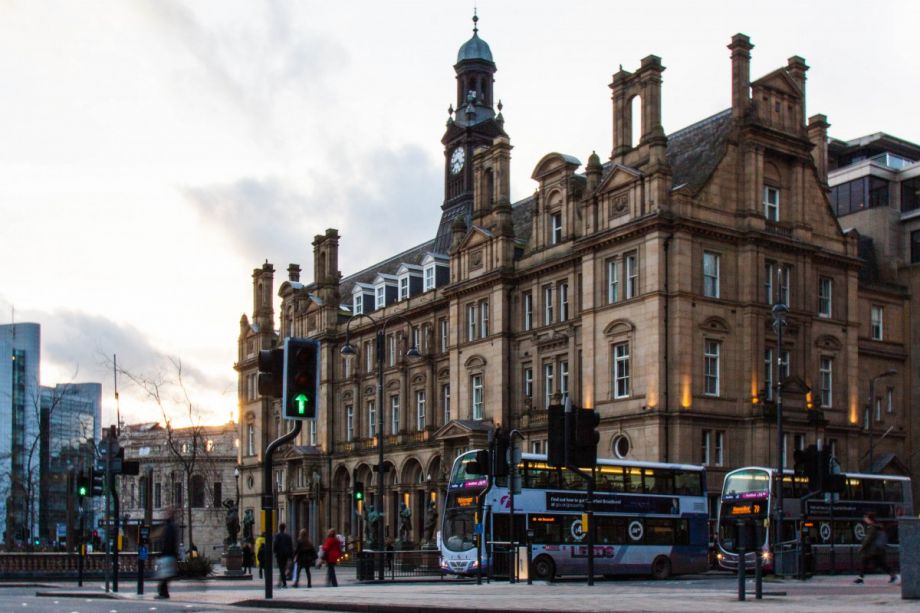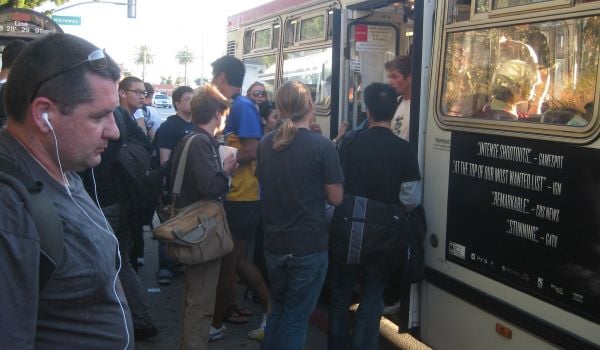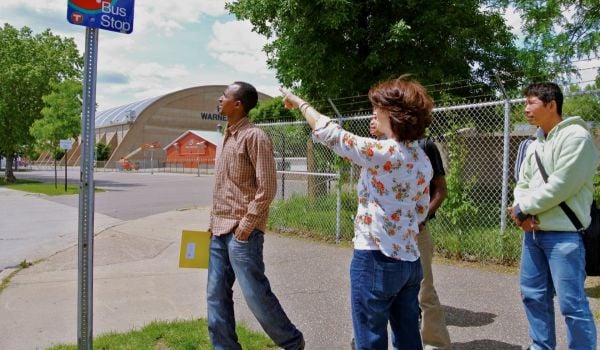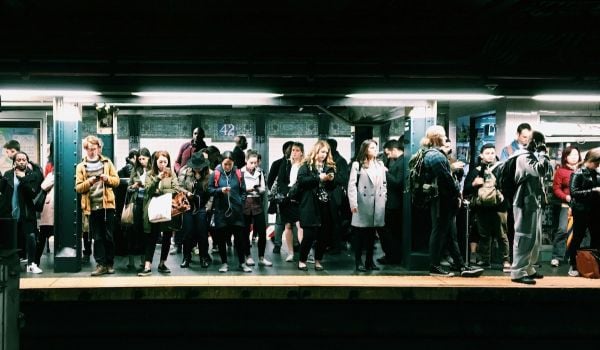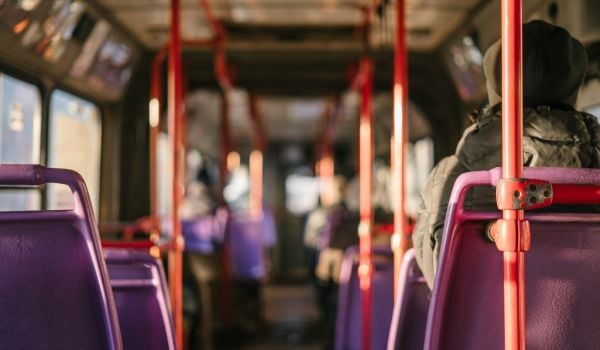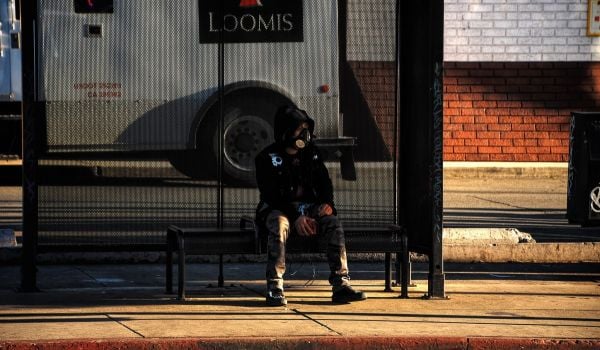Our weekly “New Starts” roundup of new and newsworthy transportation projects worldwide.
Leeds Goes Back to Drawing Board for Transit Improvements
Light-rail advocates in Leeds, England, are dusting off arguments in favor of rail as the way forward for the city’s transit system now that the national government has given a thumbs-down to a proposal for a trolleybus network.
The Yorkshire Evening Post reports that light-rail operators and manufacturers say their mode of choice is the best way to bring rapid transit to the industrial city of 750,000, which is the hub of a metropolitan area with 2.3 million residents.
The Leeds City Council released a four-year transportation improvement strategy last week after the Department for Transport rejected the city’s “Next Generation Transport” trolleybus plan, which would have been built with 173.5 million British pounds ($220.4 million U.S.) in funding from London.
Greg Mulholland, a Liberal Democratic member of Parliament who represents a portion of the city, noted that a total of 250 million British pounds ($317.6 million U.S.) in public funding is available for transit improvements in Leeds, and light-rail advocates argue that this is enough to build a network for the city. Jim Harkins of Light Rail (UK) told the Post, “I am looking forward to the sector coming together to show that Leeds can and should go ahead with a light-rail scheme, and that it can be done for the £250m of public money on the table, plus the private investment that light rail would attract. This NGT money really is a golden opportunity for Leeds to finally get the infrastructure that it needs as one of the U.K.’s largest cities.”
The Leeds City Council had hoped to have a new rapid transit system in place by 2021, but the trolleybus decision has made that impossible. Mulholland also urged officials to add money slated to build a new road link to the city’s airport and seek funding from the U.K. government’s new infrastructure fund to sweeten the light-rail funding pot.
Leeds, where traffic congestion has been ranked among the worst in the U.K., currently is the only city in the country of its size without a rapid transport system.
Indian Government Greenlights Metro for Pune
The International Railway Journal reports that the Indian cabinet gave the go-ahead for construction of a 31.3-km (19.5-mile) metro system for Pune, a fast-growing city of more than 5 million in Maharashtra state.
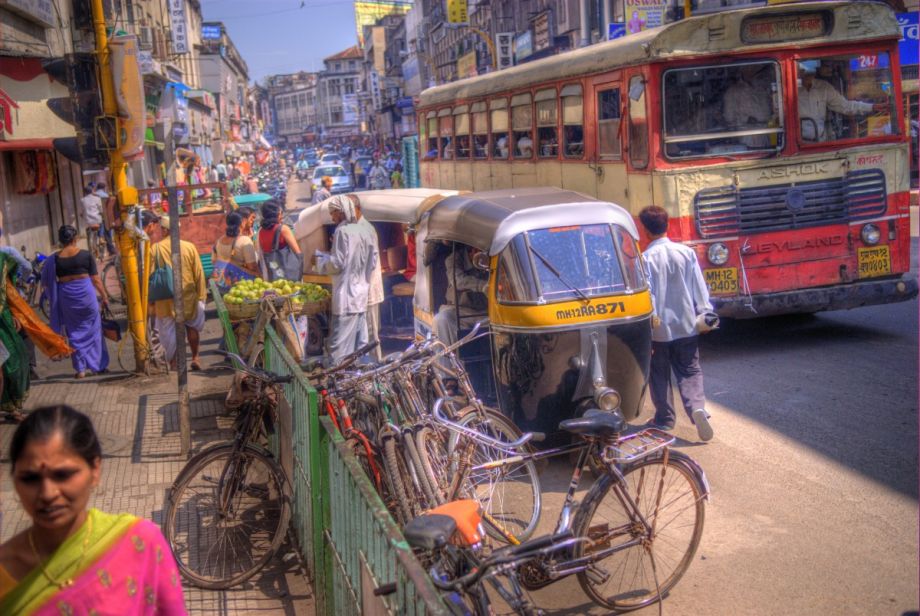
A busy Pune street (Photo by Ville Miettinen)
The 114.2-billion-rupee ($1.8 billion U.S.) project will be built by the Maharashtra Metro Rail Corporation Limited, a 50-50 joint venture between the Indian and Maharashtra state governments that will oversee work on all metro projects in the state other than those in metropolitan Mumbai.
The go-ahead culminates a decade of planning for rapid transit in Pune. The Delhi Metro Rail Corporation produced a detailed proposal for a metro system for the city in 2009.
Dutch Cities’ Bus Fleet Goes All-Electric
As of Dec. 11, all 43 of the articulated buses that provide transit service in the Dutch cities of Eindhoven and Helmond are running on electric power.
This development is the result of a concession the public transit agency in the Eindhoven region awarded to Transdev, a major manufacturer of battery-powered electric buses. A Transdev news release states that the fleet is the largest all-electric bus fleet in Europe and noted that the articulated buses have a higher passenger capacity than electric buses currently operating elsewhere on the continent.
One of the major issues Transdev needed to solve in order to convert the Eindhoven-Helmond bus system to all-battery-electric operation was limited operating range. The solution the company developed was to maintain backup buses at the central bus garage that can be sent out to replace buses whose batteries run low during the service day. All 43 buses can be charged overnight in the garage and will start the service day fully charged, with operators beginning their work shifts at the garage instead of midway along their routes. Buses can recharge fully in a half hour at the garage’s charging stations.
“This is an important step leading to sustainable bus transportation and a glimpse at the future of public transport,” Bart Schmeink, CEO of Transdev Netherlands, said in the release.
Transdev intends to share data on its operating experience at an international convention next year in Paris.
Know of a project that should be featured in this column? Send a Tweet with links to @MarketStEl using the hashtag #newstarts.

Next City contributor Sandy Smith is the home and real estate editor at Philadelphia magazine. Over the years, his work has appeared in Hidden City Philadelphia, the Philadelphia Inquirer and other local and regional publications. His interest in cities stretches back to his youth in Kansas City, and his career in journalism and media relations extends back that far as well.
Follow Sandy .(JavaScript must be enabled to view this email address)

